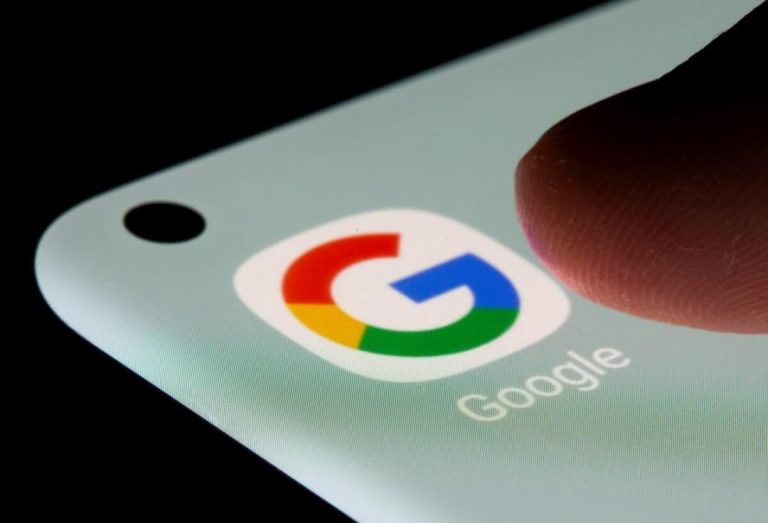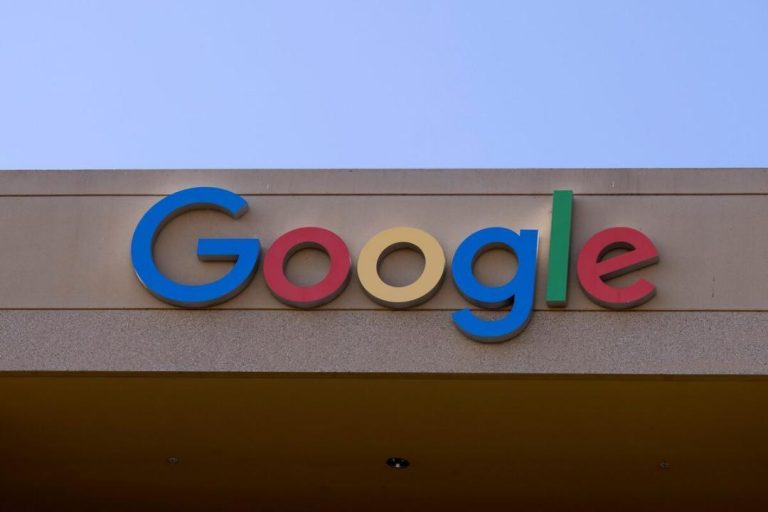
Understanding the Metaverse’s Role in Modern Marketing
The metaverse, a term coined by Neal Stephenson in his 1992 novel “Snow Crash,” has gained significant traction in recent years. This concept of a virtual world, where people can interact with each other and digital objects, has the potential to revolutionize the way we live, work, and play. In the context of modern marketing, the metaverse offers businesses innovative ways to engage customers, build brand loyalty, and drive growth. As the market is projected to reach $800 billion by 2024, marketers must grasp the metaverse’s dynamics to effectively leverage its potential.
What is the Metaverse?
The metaverse is a shared, virtual world that enables users to interact with each other and digital objects in real-time. It is often described as a fusion of the physical and virtual worlds, allowing people to experience immersive, interactive environments that blur the lines between the physical and digital. The metaverse is not a single platform, but rather a network of interconnected virtual worlds, each with its own unique features and capabilities.
How is the Metaverse Revolutionizing Marketing?
The metaverse has the potential to revolutionize marketing by providing businesses with new and innovative ways to engage customers. Here are some ways in which the metaverse is transforming the marketing landscape:
- Immersive Brand Experiences: The metaverse enables businesses to create immersive, interactive brand experiences that allow customers to engage with products and services in a more meaningful way. For example, a fashion brand could create a virtual boutique where customers can try on clothes, interact with products, and engage with the brand in a more personalized way.
- Virtual Events and Activations: The metaverse has opened up new opportunities for businesses to host virtual events and activations. This could include virtual product launches, concerts, and conferences, which can be accessed by people all over the world.
- Personalized Customer Interactions: The metaverse enables businesses to create personalized customer interactions that are tailored to individual customer preferences. For example, a retailer could create a virtual store where customers can interact with products and receive personalized recommendations based on their purchase history and preferences.
- Social Media Integration: The metaverse has the potential to revolutionize social media by enabling users to interact with each other in new and innovative ways. For example, a social media platform could integrate virtual reality (VR) and augmented reality (AR) features that allow users to interact with each other in a more immersive and interactive way.
- Data Collection and Analysis: The metaverse has the potential to provide businesses with new and innovative ways to collect and analyze customer data. For example, a business could use sensors and cameras to track customer behavior and preferences in a virtual store, and use this data to inform marketing strategies.
Companies Integrating the Metaverse
Several companies, including Microsoft, Apple, Nike, and Coca-Cola, are already integrating the metaverse into their marketing strategies. For example:
- Microsoft: Microsoft has announced plans to launch a virtual reality platform called “AltspaceVR,” which will enable users to interact with each other in virtual environments.
- Apple: Apple has filed patents for a virtual reality headset that will allow users to interact with virtual objects and environments.
- Nike: Nike has launched a virtual reality experience that allows customers to try on virtual sneakers and interact with products in a more immersive way.
- Coca-Cola: Coca-Cola has launched a virtual reality experience that allows customers to interact with the brand in a more immersive way, including virtual events and activations.
Challenges and Opportunities
While the metaverse has the potential to revolutionize marketing, there are also several challenges and opportunities that businesses must consider. Some of the key challenges include:
- Technical Limitations: The metaverse is still in its early stages, and there are several technical limitations that must be addressed, including issues related to latency, graphics quality, and user experience.
- Regulatory Framework: There is a need for a regulatory framework that governs the use of the metaverse, including issues related to data privacy, intellectual property, and user safety.
- Content Creation: The metaverse requires high-quality content creation, including virtual objects, environments, and experiences. This can be a significant challenge, especially for businesses that are new to the metaverse.
Despite these challenges, the metaverse offers several opportunities for businesses to engage customers, build brand loyalty, and drive growth. By investing in the metaverse, businesses can stay ahead of the curve and capitalize on this emerging trend.
Conclusion
The metaverse has the potential to revolutionize marketing by providing businesses with new and innovative ways to engage customers. As the market is projected to reach $800 billion by 2024, marketers must grasp the metaverse’s dynamics to effectively leverage its potential. By understanding the metaverse’s role in modern marketing, businesses can stay ahead of the curve and capitalize on this emerging trend.
News Source:
https://www.growthjockey.com/blogs/the-metaverse-a-new-world-of-marketing






